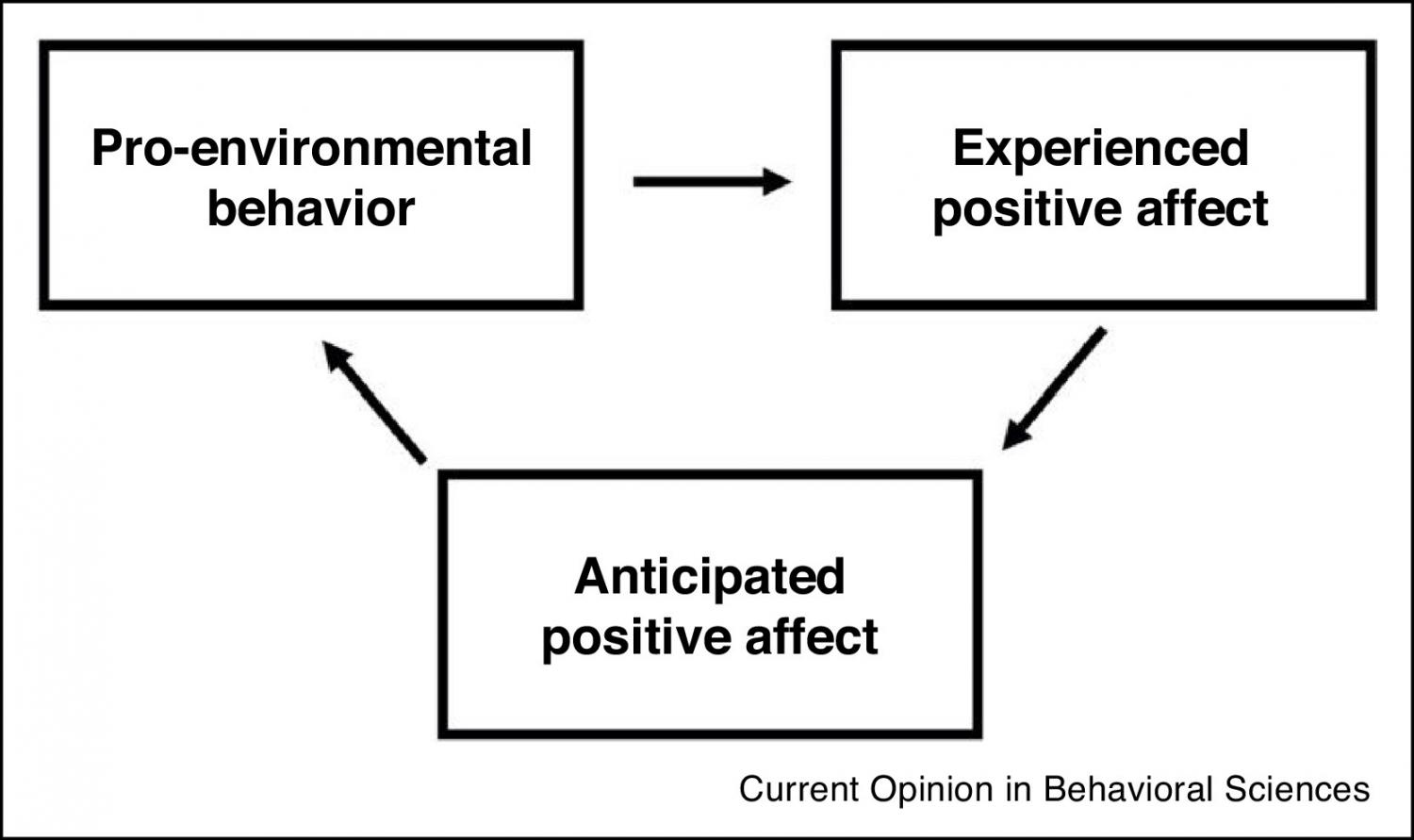
Elsevier, Current Opinion in Behavioral Sciences, Volume 42, December 2021
Recent findings and emerging trends concerning the role of affect and emotion in climate change perceptions and judgments as well as their potential as drivers of sustainable action are reviewed. The affective responses people experience toward climate change are consistently found to be among the strongest predictors of risk perceptions, mitigation behavior, adaptation behavior, policy support, and technology acceptance. As correlational results do not imply that inducing affective states will necessarily lead to the corresponding changes in a target population, research efforts now should focus on establishing the causal pathways from affect and emotion towards climate action. Communication and intervention studies show that inducing both positive and negative emotions may under certain conditions promote sustainable behavior, but the field would benefit from a stronger integration of concepts and findings from affective psychology. Explicitly considering the mechanisms by which emotions influence decisions and actions may help design more efficient affective interventions.
